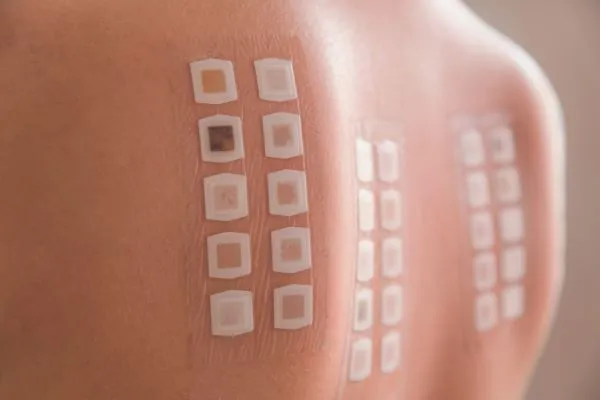Otolaryngology Coding Alert
See Why You Don’t Always Bill 69210 With -50
Question: When our otolaryngologists remove impacted cerumen from both of a patient’s ears, should I append modifier 50 to 69210?
AAPC Forum Participant
Answer: When your provider performs bilateral removal of impacted cerumen, how you report the service will depend on the insurer. If you’re billing a non-Medicare Part B payer, submit 69210 (Removal impacted cerumen requiring instrumentation, unilateral) with modifier 50 (Bilateral procedure) appended, says Barbara J. Cobuzzi, MBA, CPC, COC, CPC-P, CPC-I, CENTC, CPCO, CMCS, of CRN Healthcare Solutions of Tinton Falls, New Jersey.
“Medicare Part B treats these codes as if the description were ‘unilateral or bilateral’ even though that description was changed a few years ago to just unilateral. If a cerumen impaction is removed bilaterally and billed as 69210-50, Medicare Part B will not pay the claim — Medicare expects this service to be coded 69210 with no modifier, whether impacted cerumen is removed from one ear or both ears.” Cobuzzi notes. “As a result, practices are underpaid by Medicare Part B since the [relative value units] RVUs assigned to this CPT® code are based on performance unilaterally,” she adds.
The American Academy of Otolaryngology-Head and Neck Surgery (AAO-HNS) recommends that coders not report 69210 to Part B payers using modifier 50, as Medicare Administrative Contractors (MACs) are denying these claims entirely and not paying for even one unit reported. Their guidance goes on to say that “some private payers are following CMS’ policy on this issue and are not reimbursing for this as a bilateral procedure,” however, “there are some who are allowing the -50 modifier.”
Bottom line: Do not submit a claim to Medicare Part B with modifier 50 for removal of impacted cerumen (69210). “For non-Medicare Part B payers, bill using a 50 modifier; if denials are received, appeal them. If the result of the appeal is finding out that the payer follows the Part B policy, then add them to the list of payers where the 50 modifier cannot be used,” Cobuzzi advises.” But do not miss out on the payers that will pay for bilateral removal of impacted cerumen because that is how the RVUs are valued.”
Related Articles
Otolaryngology Coding Alert
- Case Study Corner:
Clear the Way for Accurate Cerumen Removal Coding
Hint: removal method is key. When a patient presents to the clinic for cerumen (earwax) [...] - FFT Billing:
Know These 7 Myths and 1 Truth About Fee-for-Time Billing
Prep now for summer FFT fill-ins, previously called locum tenens. Summer vacations are in full [...] - Artificial Intelligence:
Ask These Questions When Searching for an AI Coding System – Part 1
Can NLP decipher language differences between doctors? Choosing the right artificial intelligence (AI) coding system [...] - You Be the Coder:
See Why You Don’t Always Bill 69210 With -50
Question: When our otolaryngologists remove impacted cerumen from both of a patient’s ears, should I append [...] - Reader Questions:
Learn the Importance of SDOH
Question: There’s a huge push to document social determinants of health (SDOH) for patients, but I [...] - Reader Questions:
Find Flexibility in Delegating Prior Authorizations
Question: If a patient’s prescribed medication needs prior authorization from their insurance, can the pharmacy do [...]




